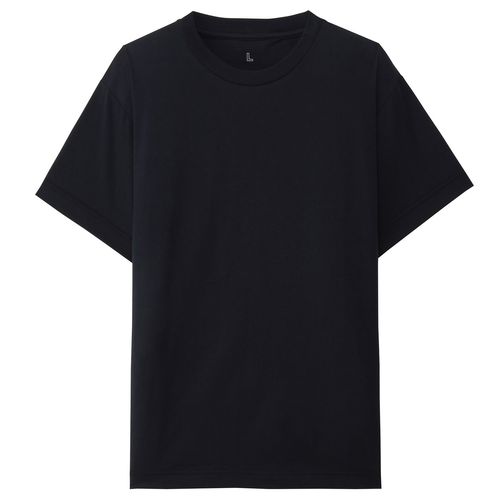Learning to identify wrinkle-prone clothing and mastering corresponding protective techniques is crucial to maintaining the appearance of clothing and extending its life. The following is a detailed introduction to the identification and protection techniques of wrinkle-prone clothing.
First of all, the following aspects can be used to identify wrinkle-prone clothing. First, material is an important clue. Some common wrinkle-prone fabrics include silk, linen, cotton and linen blends, polyester, etc. These fabrics are often soft, lightweight and prone to wrinkles when folded or worn. Secondly, design is also a consideration. Intricate details and pleated designs can easily cause clothing to wrinkle. Finally, observation during use is also the basis for judgment. If you find that the clothing has obvious wrinkles and fading after wearing it for a period of time, you can infer that it is wrinkle-prone clothing.
In order to prevent wrinkles in wrinkle-prone clothing, we can adopt the following protective techniques. First, proper cleaning and maintenance is very important. Follow the clothing’s washing instructions, use appropriate washing methods and temperatures, and avoid using too hot water and vigorous agitation to wash wrinkle-prone clothing. In addition, choose the appropriate detergent and avoid using detergents that are too acidic or alkaline to avoid causing damage to clothes. In addition, avoiding excessive moisture is also part of protection, and can reduce wrinkles in clothing by gently squeezing and hanging to dry.
Secondly, correct storage is also the key to protecting wrinkle-prone clothing. When we put wrinkle-prone clothes into the wardrobe, we should pay attention to stacking them neatly and try to avoid overlapping and squeezing. You can choose a special clothing storage box or use clips to clip clothes to the mezzanine of the wardrobe to avoid obvious creases. In addition, to maintain the appearance of your clothes, you can place breathable dust bags or desiccants between the clothes to absorb moisture and prevent the clothes from becoming moth-eaten or moldy.
Finally, correct wearing and care are also important to prevent wrinkles. When wearing wrinkle-prone clothing, you should try to avoid excessive movement and friction to reduce the occurrence of wrinkles. In addition, you can use an iron and steam iron to iron wrinkle-prone clothes to restore them to a smooth state. When ironing, you can control the appropriate temperature and humidity, and use ironing boards, anhydrous iron and other tools to avoid damage to clothes.
In summary, identifying wrinkle-prone clothes and adopting corresponding protective techniques are important measures to keep clothes tidy and extend their life. By choosing appropriate cleaning methods, correct storage methods, and reasonable wear and care, wrinkles in wrinkle-prone clothing can be minimized or avoided, so that clothing always looks beautiful and durable.





